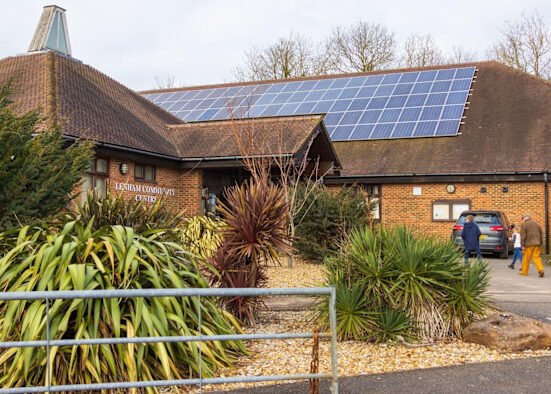Asheville – As the chill of November approaches, the U.S. House of Representatives is preparing to tackle a pressing issue: disaster relief for those affected by Hurricane Helene. The storm left a significant mark on Western North Carolina, and local leaders are stepping up to ensure that the needs of their communities are met.
A New Fund for Recovery
On October 9, 2024, the North Carolina General Assembly unanimously passed the Disaster Recovery Act of 2024, establishing a new Hurricane Helene fund. This fund, sourced from the state’s Savings Reserve Fund, allocates $273 million to aid recovery efforts. Senator Chuck Edwards emphasized the importance of this funding, stating, “We understand that FEMA’s response has not been what you expected it to be… Western North Carolina is charting our own path for recovery.”
The bulk of the funds—$250 million—will be directed to the Department of Public Safety’s Division of Emergency Management. This allocation will serve as the state’s match to federal disaster relief funds, ensuring that local agencies can access the resources they need. Additionally, a portion of the funds will establish a revolving loan program designed to assist local governments and state agencies with cash flow while they await federal reimbursements.
Support for Schools and Local Governments
The bill also recognizes the impact of the hurricane on education. A total of $16 million is earmarked for the Department of Public Instruction to compensate school nutrition employees who lost wages due to school closures caused by the storm. Furthermore, $2 million will be allocated to provide technical assistance to local governments as they navigate recovery funds.
In an effort to facilitate voting in the aftermath of the disaster, $5 million will go to the State Board of Elections. This funding will support temporary changes to election laws, including adjustments to polling sites that were rendered unusable by the storm and the establishment of a voter hotline. These measures aim to ensure that residents of Western North Carolina can exercise their right to vote without unnecessary obstacles.
Flexibility for Schools and Streamlined Processes
The Disaster Recovery Act also grants public schools flexibility in their calendars. Schools can now make up or mark as completed any number of days or hours missed due to the hurricane. Additionally, they are allowed to use up to 30 days of remote instruction toward required instructional days. This flexibility is crucial for maintaining educational continuity in a time of crisis.
To further ease the burden on residents, the bill waives DMV fees for obtaining duplicate driver’s licenses and ID cards. It also relaxes certain environmental requirements for state highway repairs, ensuring that necessary infrastructure work can proceed without compromising safety or environmental standards.
Addressing Misinformation and Fostering Unity
Senator Edwards has been vocal about the challenges faced by Western North Carolina in recovering from Hurricane Helene. He noted that the region’s unique geography complicates recovery efforts compared to other areas affected by similar storms. “The hills and valleys of our mountains make recovery tenfold times more difficult,” he said.
In his communications, Edwards has also addressed conspiracy theories circulating in the community regarding FEMA’s response. He urged residents to focus on constructive efforts rather than spreading misinformation that could hinder recovery efforts. “This unhelpful, unnecessary use of time is only hurting our neighbors, friends, and family,” he stated.
Community Engagement Through Carolina Cruiser
To further support constituents in the wake of Hurricane Helene, Senator Edwards has resumed Carolina Cruiser mobile office hours. This initiative allows residents to share their thoughts on pressing issues or seek assistance with federal agencies. “In keeping with my office’s motto of being ‘First in Constituent Services,’ we want to ensure that everyone has access to the help they need,” he said.
Residents are encouraged to visit Edwards’ website for updated information on Carolina Cruiser hours and locations. As recovery efforts continue, staying informed and engaged is vital for rebuilding Western North Carolina.
As November approaches and Congress prepares to address disaster relief, it’s clear that local leaders are committed to navigating this challenging path alongside their constituents. With a comprehensive plan in place and a focus on community unity, Western North Carolina is poised to recover from Hurricane Helene and emerge stronger than before.







